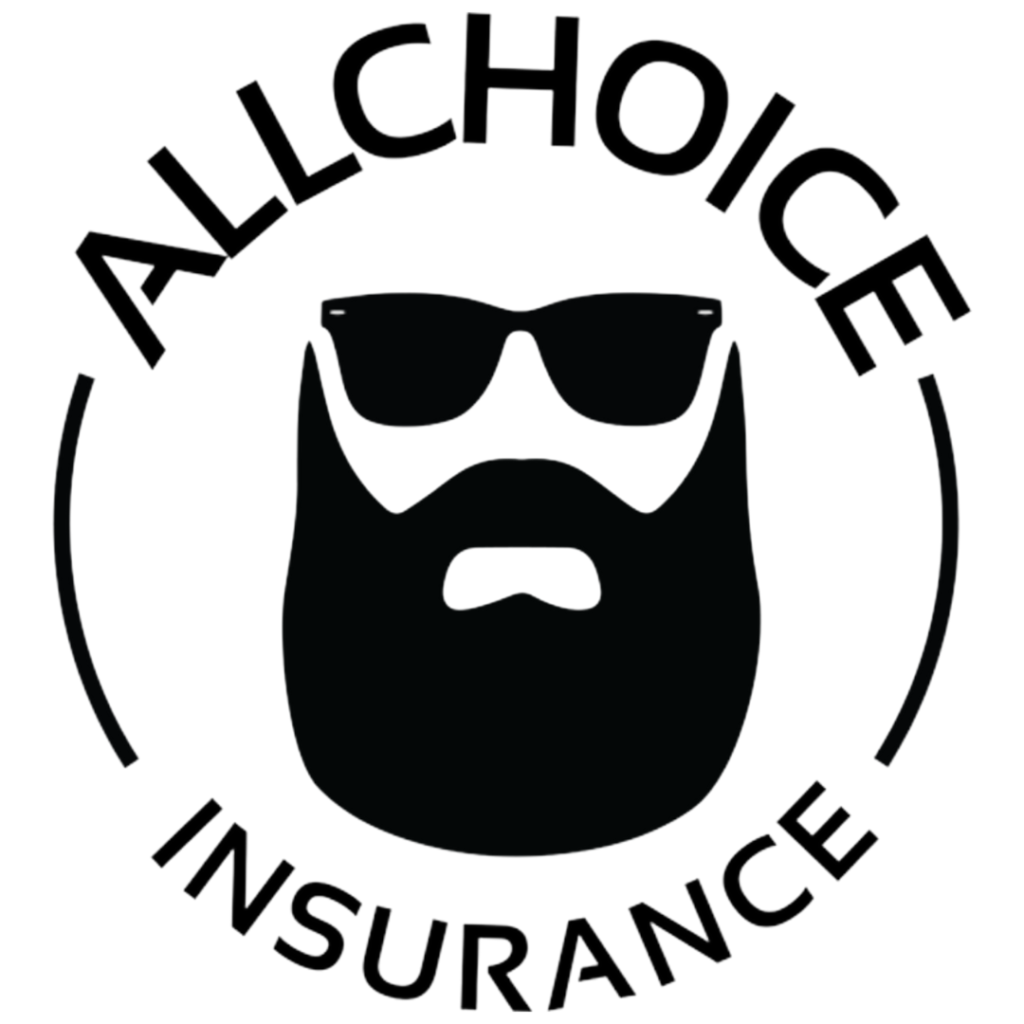How Do I Get Landlord Insurance for My Rental Property?

Landlord insurance, offered by various landlord insurance companies, acts as a safeguard for property owners by providing financial coverage against damages or injuries linked to their rental property. It’s a type of landlord insurance cover that provides coverage for property damage from a range of incidents, including:
Additionally, it also covers liabilities if someone is injured on the property. With landlord insurance, you’ve got a safety net, providing financial protection against common risks associated with renting out a property.
In contrast to homeowners insurance, landlord insurance is specifically designed for non-owner-occupied properties. Homeowners insurance generally doesn’t cover risks associated with renting out a property, which is why landlord insurance is a must-have for property owners who rent out their properties. Next, we will explore the array of coverage encompassed in standard landlord insurance policies and identify who requires this insurance.
Coverage Types
The key to making the most out of your landlord insurance is understanding the different types of coverage it offers. Standard landlord insurance policies typically include:
Dwelling coverage in a landlord policy helps pay for damage to the structure of the home and other structures on the property. This means that if a hailstorm damages the:
roof
walls
foundation
windows
doors
In the event of damage to your rental property, your landlord coverage, also known as dwelling coverage, can help pay for the repairs, ensuring the fair rental value of your property is maintained.
Liability protection covers medical bills or legal expenses if someone is injured on your rental property, and you are found responsible. Personal property coverage is for the items you leave on the rental property to service the rental, such as appliances or gardening equipment, and loss of use coverage helps compensate for missed rent payments if the property becomes uninhabitable due to a covered peril.
Additionally, your landlord policy should include coverage for tenant-caused damage or vandalism to protect against these common risks. Grasping these coverages and confirming they fulfill the property’s needs is essential.
Who Needs It?
So, who exactly needs landlord insurance? If you’re a property owner and you rent out your property frequently or for extended periods, landlord insurance is for you. This is because a homeowners insurance policy does not cover rental activities, thus making landlord insurance a necessity for homeowners who decide to rent out their properties.
One should note that landlord insurance is particularly beneficial for long-term rentals, as they usually pose less risk than short-term rentals with frequent tenant turnover. If you have a short-term rental property like a vacation home, keep in mind that it may incur higher landlord insurance costs due to the increased risk of damage and less consistent oversight.







